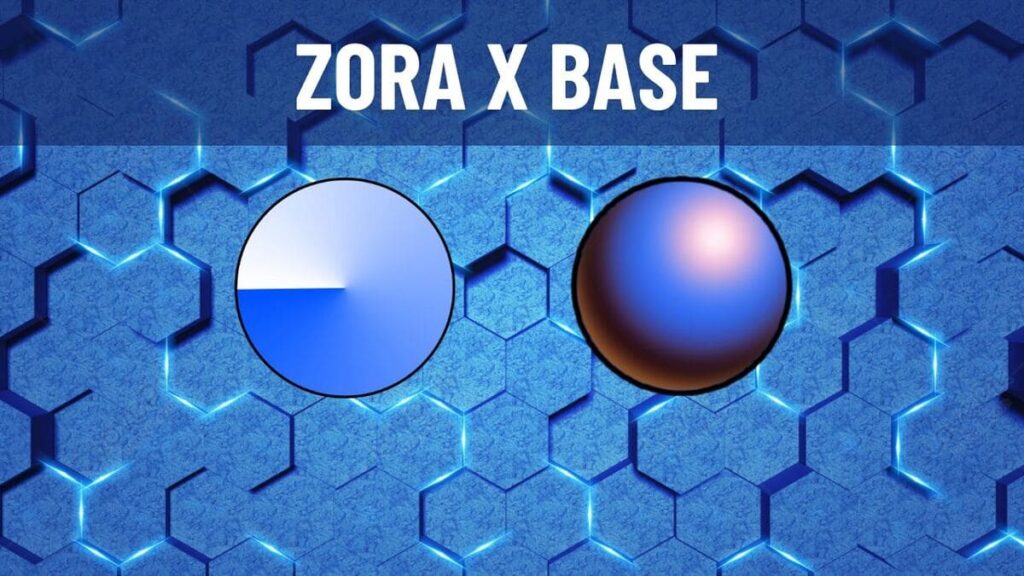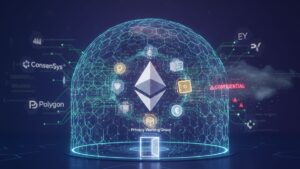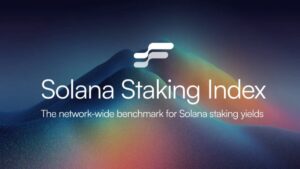TL;DR
- Base, in collaboration with Zora, launches an initiative to bring science to the blockchain, making research more accessible.
- Users can mint a short film from ResearchHub, explaining how blockchain transforms scientific funding and publishing.
- “Onchain science” uses blockchain to democratize research, eliminating economic barriers and promoting global collaboration.
Base has launched a revolutionary initiative in collaboration with Zora, aiming to bring science to the blockchain and make it accessible to everyone.
The idea is to allow users to mint a short film produced by ResearchHub, a platform that accelerates funding, research, and publishing processes in science. This short film explains how blockchain technology can transform the ways in which scientific advancements are managed and distributed, offering a new perspective on research.
https://twitter.com/base/status/1857111922078097417
The concept of “onchain science” refers to the use of blockchain to democratize access to scientific research. Unlike traditional models, which are often behind paywalls or limited by bureaucratic systems, blockchain allows scientists to share their discoveries instantly and globally.
Base: A New Way of Doing Science
Base’s proposal aims to break down the barriers that have limited access to science, providing anyone with an internet connection the opportunity to access the latest discoveries.
This could accelerate the innovation process, promoting greater collaboration among scientists worldwide and increasing public trust in scientific advances. Furthermore, by eliminating economic barriers, access to knowledge is made easier for a wider audience.
Opening New Paths with Blockchain Technology
With this initiative, Base seeks to show that blockchain is not only applicable in the world of cryptocurrencies and finance but can also be a powerful tool to improve fundamental aspects of society, such as science.
This breakthrough is a demonstration of the growing potential of blockchain technology to transform not only the economy but also key areas of human knowledge, opening new possibilities for the future of science on a global scale











